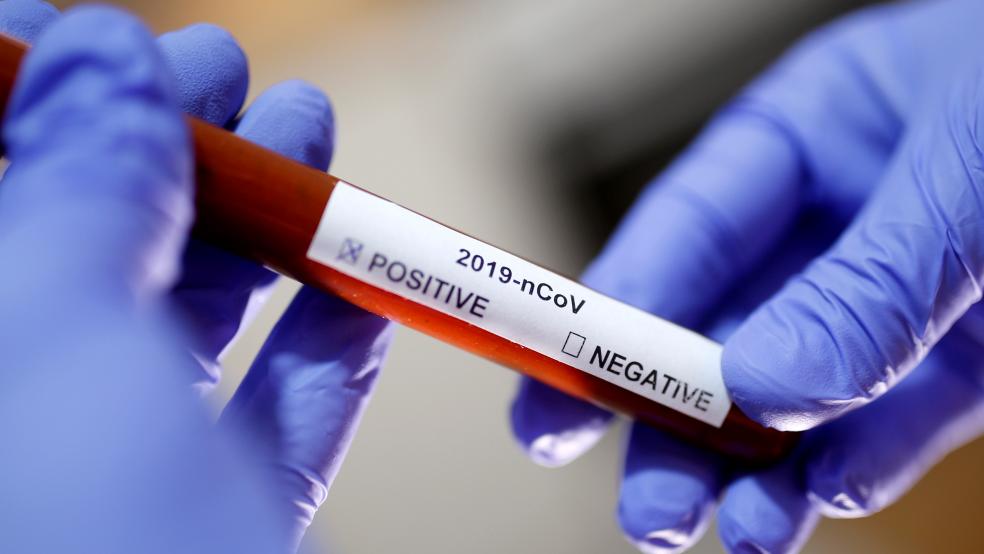The House on Wednesday passed an $8.3 billion emergency spending package to help combat the novel coronavirus outbreak as lawmakers race to send the legislation to the president’s desk by the end of the week. The Senate is expected to vote on the funding Thursday.
“We worked together to craft an aggressive and comprehensive response that provides the resources the experts say they need to combat this crisis,” Senate Appropriations Committee Chairman Richard Shelby (R-AL) said in a statement.
The deal is more than triple the $2.5 billion total the White House had requested last week, which lawmakers in both parties criticized as inadequate, and it includes all new money rather than shifting funds from other accounts, as the administration had proposed.
“We have to recognize this is one giant step,” House Speaker Nancy Pelosi (D-Calif.) told reporters, according to The Washington Post. "In this bill we’ll go from the administration putting forth $2.3 [billion] and money taken from Ebola and home heating to over $8 billion clean money.”
The package was passed in a 415-2 vote, with two Republicans voting against it.
The funding includes $7.767 billion in emergency appropriations to address the virus outbreak and $490 million for a Medicare telehealth program meant to help more seniors get access to health services.
The details:
- More than $3 billion for research and development of vaccines, treatments and diagnostics;
- $2.2 billion in new funding for the Centers for Disease Control and Prevention to help public health agencies, including $950 million to reimburse state and local governments for their response efforts;
- Nearly $1 billion for medical supplies such as drugs and masks and to boost preparedness and community health care centers, among other things.
- $1.25 billion for the State Department to assist in containing and preventing the spread of the coronavirus in other countries, including $300 million for humanitarian needs.
Bipartisan congressional negotiators reached agreement on the legislation after days of talks that temporarily got bogged down over language Democrats had wanted to include to ensure that a coronavirus vaccine would be affordable once it was developed. Some Republicans objected to that language, which they saw as government price control that would stifle drug research, and accused Democrats of playing politics with the supplemental funding.
The standoff was resolved by the inclusion of a $300 million fund for the purchase of vaccines and treatments as well as language requiring those drugs developed using taxpayer funds be made available to consumers at affordable prices.
Democrats said that the bill would allow for about $7 billion in low-interest loans to affected small businesses and would require reimbursement of the $136 million that was shifted by the Trump administration from other health accounts and the heating assistance program for low-income families toward coronavirus efforts.
Is it enough? The economic costs of the virus outbreak now appear likely to require a greater response (see more on that below). Writing at Bloomberg, Narayana Kocherlakota, former president of the Federal Reserve Bank of Minneapolis, argued that lawmakers must do more:
“Congress has to step up to show its willingness to systematically insulate the economy against aggregate demand shocks by, for example, using a combination of tax cuts and increases in infrastructure spending. Without a much clearer strategic commitment to fiscal policy support of the economy, we can expect further declines in long-run expectations about growth and inflation — and that will make the current aggregate demand shortfall even worse.”





